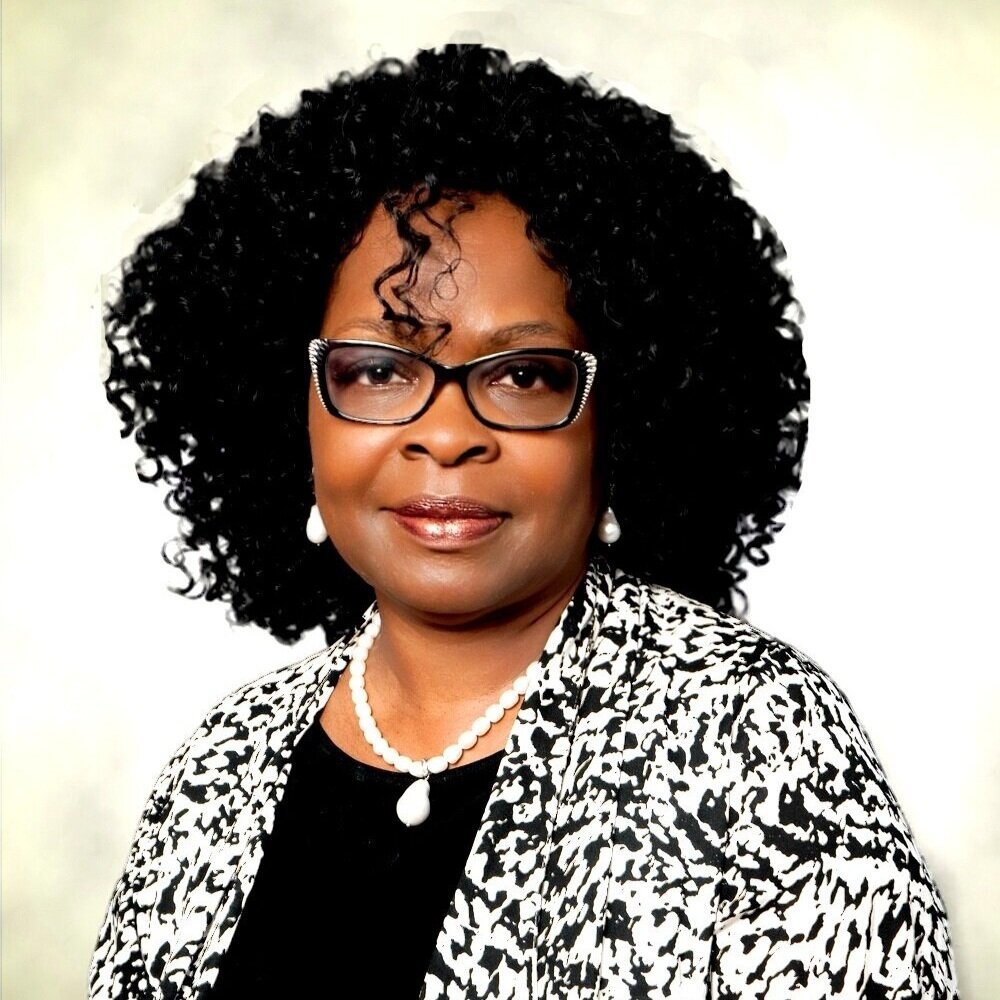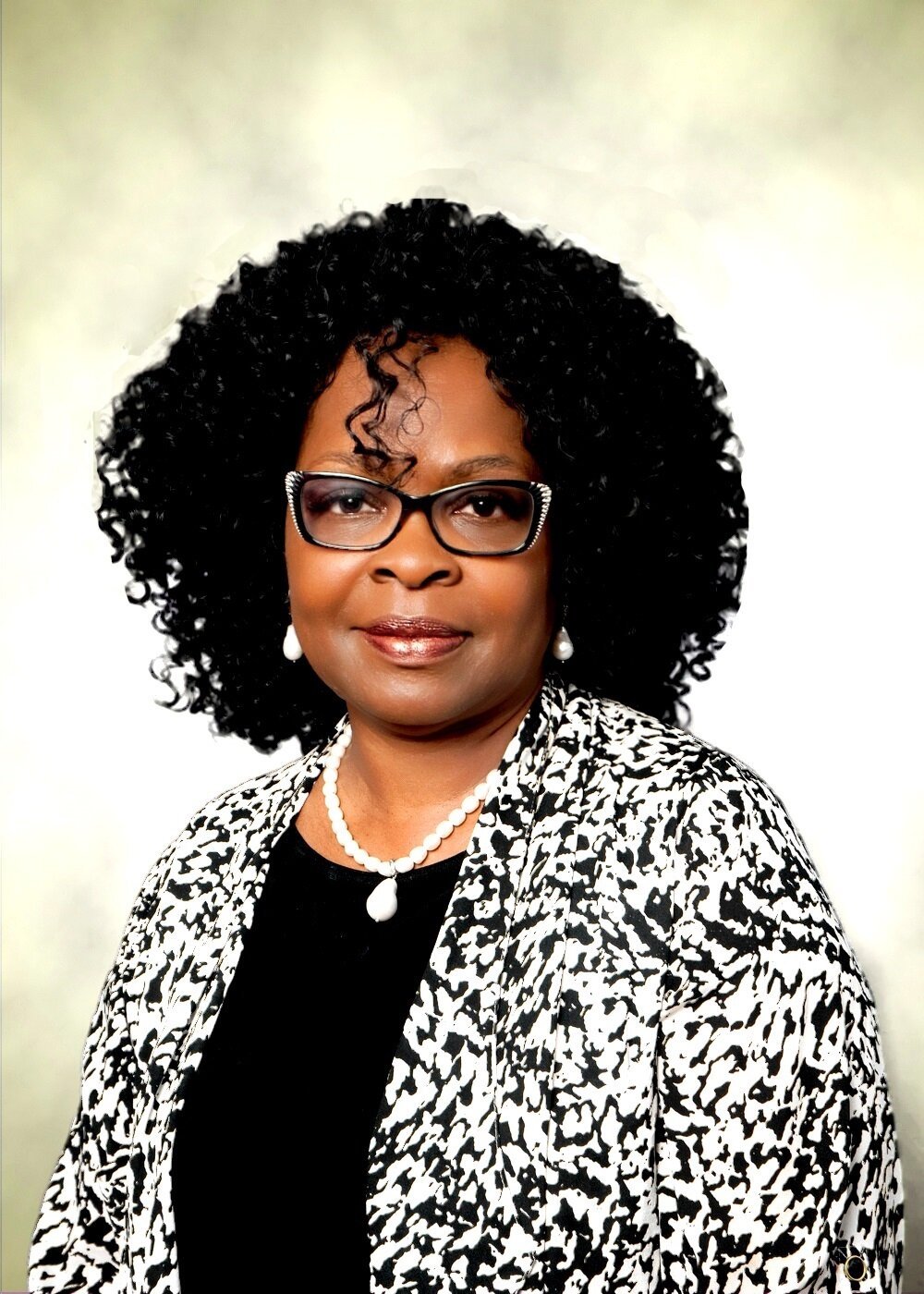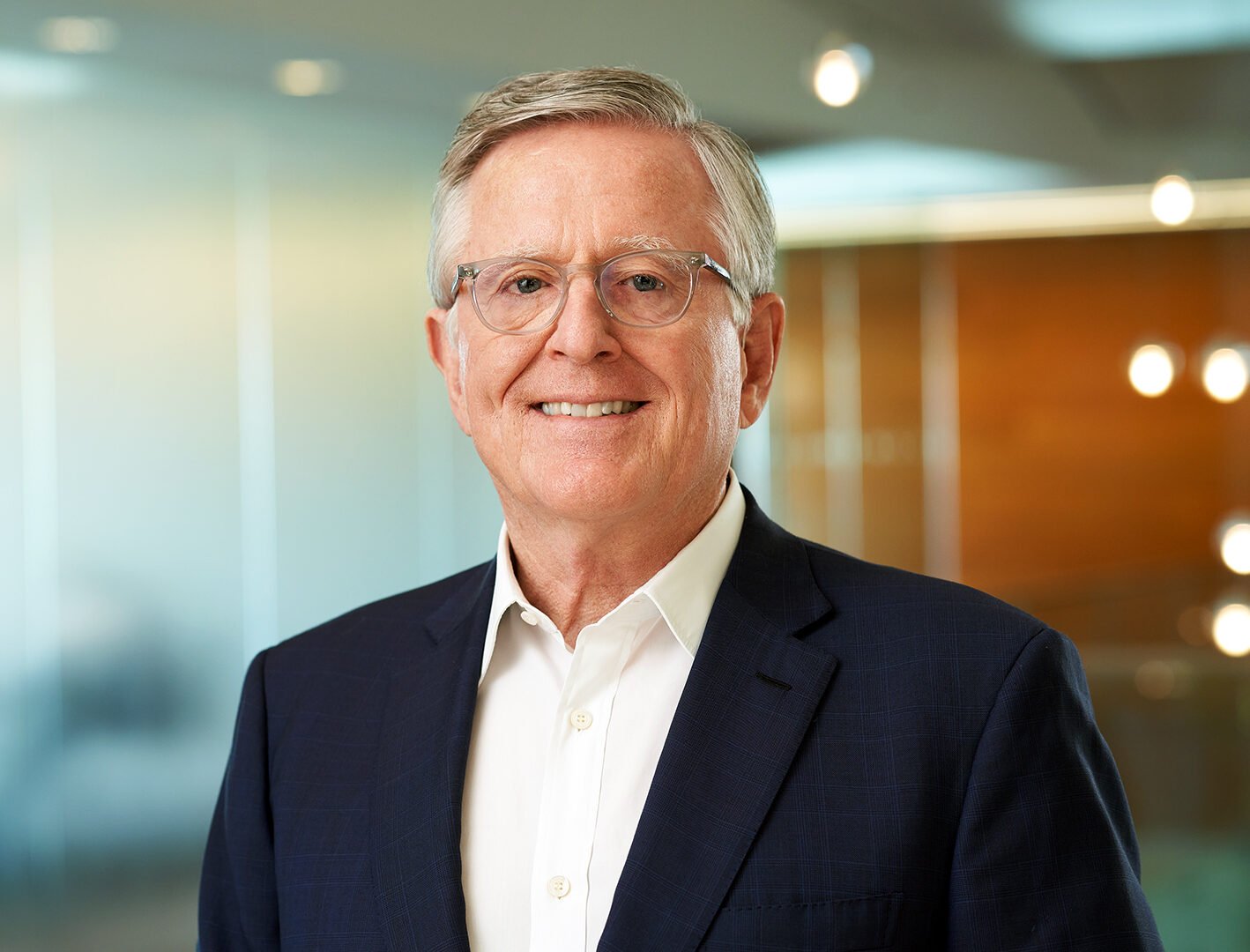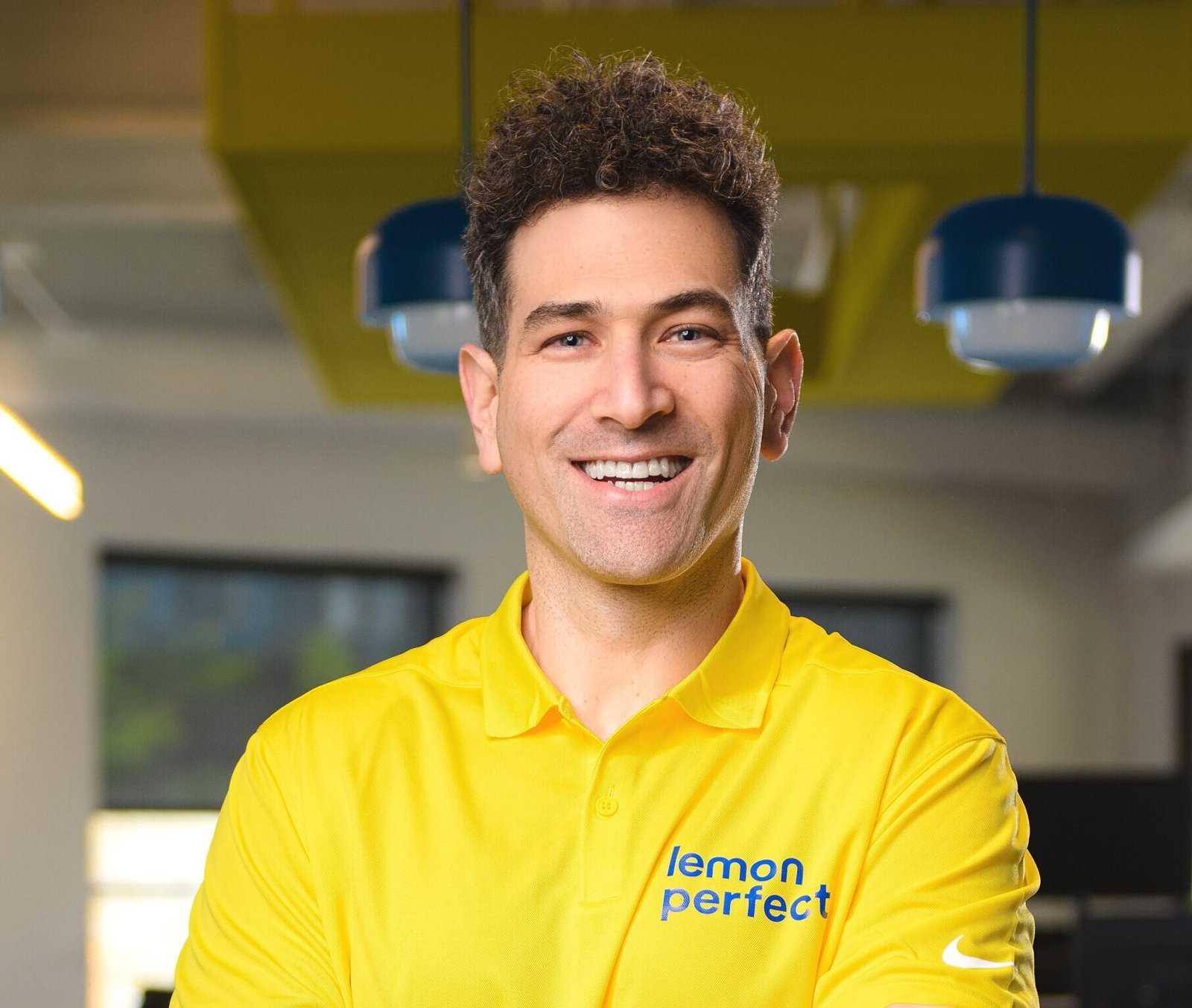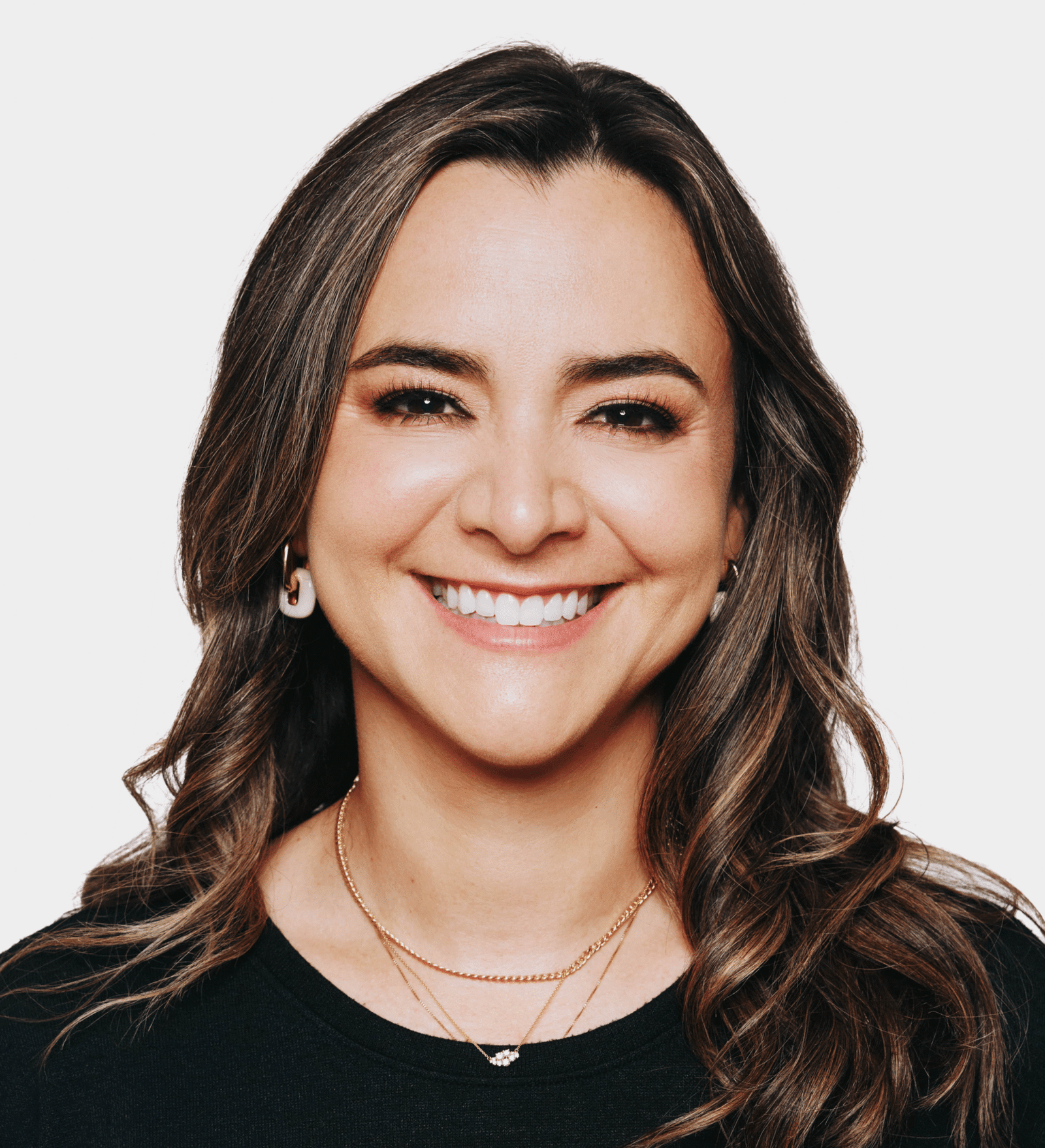I recently went one on one with Dr. Janice Greene, President and CEO of Women’s Business Enterprise Council Pacific.
Adam: Thanks again for taking the time to share your advice. First things first, though, I am sure readers would love to learn more about you. How did you get here? What experiences, failures, setbacks or challenges have been most instrumental to your growth?
Janice: When I was young, my father was deployed to Vietnam, leaving my mom behind to care for three children. Her stipend was so small that a friend who received government assistance gave us cheese, butter and canned mystery meat that her kids wouldn’t eat. Despite that, we were never hungry and always clean. My mother taught me the importance of resilience – of making it work when others would have failed.
I decided to drop out of college to get married and have children. That’s when I went to work for Boeing. I had a choice to make: Be an office administrator or go to the hourly workforce. I chose the latter – hourly people were paid almost twice as much and had better benefits.
I started in the wire shop, building wire bundles. I wanted to advance and they said I needed to get an associate’s degree. I did that, and then got my bachelor’s and my master’s at that time. I still didn’t move up.
I had a great job, but I wanted to do more. As I was deciding to leave, I got a position in human resources handling things like EEO and diversity. After five years, I was able to take on another role in supplier management and supplier diversity and I had the opportunity to build that from the ground up.
Throughout the rest of my career at Boeing, I led supplier diversity strategy, economic development and business intelligence. Among my responsibilities were managing and maintaining strategic international relationships with domestic and global business development organizations, government entities, and suppliers to provide a competitive edge by increasing procurement from firms owned by a country’s under-represented populations. I also helped create a program for women in manufacturing and earned my Ph.D in Strategy, Project and Program Management.
I leveraged my networks and expanded them internationally and I retired with enough expertise and connections to continue doing what I love: supporting women in businesses and creating a vehicle for economic justice. In 2017, I became the President/CEO of WBEC-Pacific, a regional partner organization of the Women’s Business Enterprise National Council (WBENC).
I’ve also served on a number of executive boards and committees, including WEConnect International and I’m currently the president of Snohomish County, Washington’s chapter of the NAACP.
Adam: What are the best leadership lessons you have learned from leading a non-profit organization?
Janice: You have to love what you do and be committed to the mission. It’s a lot of work and not often easy because there are so many moving parts. In the non-profit world, you focus on being effective and providing valuable services versus bottom-line value to shareholders. You also have to be open to feedback.
Adam: What are your best tips for fellow leaders of non-profit organizations?
Janice: Identify your mission and make it clear. Be flexible and patient. Really focus on operating in your strengths. Don’t dwell on faults and make sure you shore up the weaknesses, which sometimes includes hiring external help.
Remember that everyone is important. An office administrator may give you five minutes with an executive if you are pleasant and acknowledge her. Additionally, be honest – integrity is very important and people have to be able to trust you.
Adam: What are the best lessons you learned over the course of your business career?
Janice: My mother taught me a number of important things growing up that have continued to hold weight, including “stick to the mission.”
When I was a child, we moved to a new community. It wasn’t welcoming. People in the neighborhood took up a petition to try to get us to not be able to move into that house. It was the early 60’s and not many white children were allowed to talk to us. I think I was the only black child in my class all the way up until I got into high school.
Sometimes I would put up with bullying to have ‘friends,’ then go home crying because the other students laughed at my hair or mocked me. I stopped socializing with other children out of fear and dreaded going to school.
My mother pointed out that she wasn’t sending me to make friends – she was sending me to learn. My mission wasn’t to be accepted – it was to be educated. I stayed focused and the mission was a success. Even then, I faced people who questioned my accomplishments because of my appearance.
I graduated from Clark High School in Las Vegas with high honors. The volunteer wouldn’t give my cowl to me – in her mind, there was no way a Black girl could have graduated with high honors. The principal assured her I earned it, but she still didn’t want to give it to me. I was always told that you’re going to have to be twice as good to get half as much recognition. At that moment, I learned that sometimes, you have to insist on what is yours and you have to stay the course, even if someone doesn’t recognize your worth.
I also learned early on how important it is to build a network of people who do see your value. In my first role at Boeing, I had a lead who hated me from the beginning. She was afraid I may be dangerous. I wanted to advance, but she was taking active steps to prevent that. In order to learn, I had to bypass her and get help from whoever would give it. Having a network helped make me one of the most versatile employees in the shop and positioned me for future promotions, and ultimately, a successful career.
Adam: What do you believe all leaders should understand about diversity and inclusion? What are your best tips on the topics of diversity and inclusion?
Janice: Diversity, Inclusion, Social justice – those aren’t just buzzwords.
People bring different life experiences and you have to be the central piece of the wheel, where all the spokes connect – the hub. It is your responsibility to respectfully integrate the different philosophies, cultures, work ethics, values, the interest of the entrepreneurs and the procurement and other corporate decision-makers. It’s a major responsibility to coordinate all these moving pieces.
Although there may be differences, the role of the leader is to take the best of all the players and create something successful. Everyone – and I repeat everyone – has biases. You have to learn what yours are, what triggers you and how to manage your own prejudice.
Be aware that because you grew up in a certain culture it is not the standard. There is no ‘standard’ and using your own values and norms as a standard to compare others is a mistake.
I am not saying that we don’t have organizational behavioral norms that we all consent to comply with when we’re hired into an organization. I am saying to make sure those norms are equitable. Take into consideration the vast diversity of the employees, customers, and suppliers. Make sure they are equitable and don’t limit the contributions and the success of people who don’t fit your preconceived notions of who and what has value. It is important able to see and understand multiple perspectives and be flexible.
Adam: In your experience, what are the defining qualities of an effective leader? How can leaders and aspiring leaders take their leadership skills to the next level?
Janice: I believe leaders have to be self-aware. They have to have done some self-reflection. Understand how their past lived experience informs their decisions and how they view the world and have a healthy level of empathy and respect for others.
Integrity, people have to trust that leader is honest and does what they say they will do
The environment changes sometimes slowly, and as the pandemic has shown us, sometimes rapidly. It is critical that a leader remains flexible and resilient able to respond to day-to-day operations and emergent situations quickly. The leader has to stay abreast of their environment that impacts their organizations, in order to successfully navigate inevitable changes a leader needs to continue to learn and remain agile.
Adam: What are your three best tips applicable to entrepreneurs, executives and civic leaders?
Janice: Tell the truth and be transparent. Integrity is everything.
Ensure you’re guided by your Vision and Mission. There are so many important things going on in the world that it is easy to be distracted.
Also, manage your network and keep it strong; stretch your social and business comfort zones.
Adam: What is the single best piece of advice you have ever received?
Janice: Be yourself, define success for yourself. Never let someone else define you. Self-determination is the core of success.
Adam: What should everyone do to pay it forward?
Janice: Volunteer, share your expertise and lessons learned with those who may be at an earlier stage in their career or business. Where it makes sense, share your knowledge and talents. Even if you don’t agree or see the point of their ideas or recommendation, listen actively. There’s usually a gem in their discussion, something valuable that you’ll hear if you’re listening. Never discount or dismiss people, meet people where they are and make it a personal mission to lift people up.


